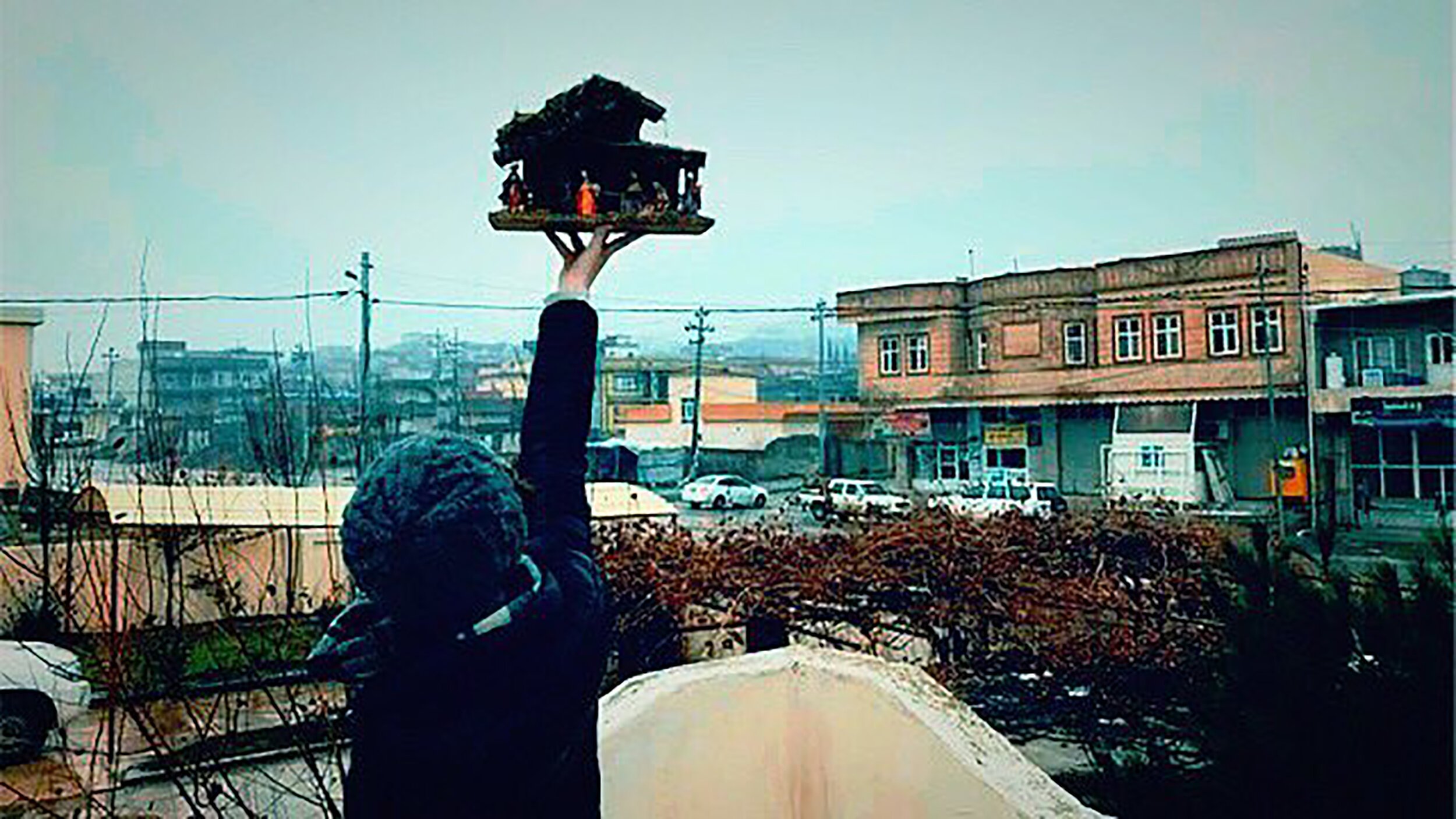“Maranatha! O Lord, come!”[1]
Incredibly, the wonder of the Incarnation—God stooping to come in human flesh, bound by the form of His form[2]—is the seed sown into the hearts of men and women that, when matured, bears fruit not only of gratitude, but of a cry for God to come again. This is the “maranatha” cry: declaring that Jesus came once to break the power of sin and death, and He is coming again to restore all things.[3] Paul called this—maranatha—our “blessed hope.”[4]
Jesus’ birth in Bethlehem flipped the cosmos on its head, and we love Him for it. As Dustin Kensrue put it, the Incarnation was no cute sentiment—it was an invasion, a declaration of war.[5] The Child born under the summoning star would grow to subdue all other ruling powers and bear an ultimate Crown. Isaiah summed the story up for us with these words:
“For a Child will be born for us, a Son will be given to us, and the government will be on His shoulders.”[6]
With one pithy phrase, the prophet quickly escalated from the birth of a vulnerable infant to a man’s strong shoulders sturdy enough to bear the weight of all authority. Other prophecies attest to this as well.[7] With sixty-six books telling the story of redemptive history, my first question has always been, “What now?” If we’re in some kind of “meantime,” how do we spend it?
The apostles spent forty days with a resurrected Jesus before He ascended to the right hand of the Father; He dedicated that time to teaching them about the Kingdom.[8] Consider it an intensive ‘Emmaus Road’ experience.[9] With this in mind, they returned with Him to their familiar hangout on the Mount of Olives, likely not far from where He was arrested,[10] and asked Him this (very appropriate) question:
“Lord, is it now that You’ll restore the Kingdom to Israel?”[11]
Is it now You will rule and reign and restore all things and end death and disease and human trafficking?
This is a great question. And His answer for them that day is the answer for us now:
“He said to them, ‘It is not for you to know times or periods that the Father has set by His own authority. But you will receive power when the Holy Spirit has come on you, and you will be My witnesses in Jerusalem, in all Judea and Samaria, and to the ends of the earth.’”[12]
In other words: “Just as I bore Incarnate witness to the Father,[13] so you will too.” And thus what we call the “Great Commission” tasked us with the holy dignity of bearing incarnate witness to the Incarnate God. Indeed, “let this mind be in [us] also.”[14]
As we meditate on the Incarnation this week—and we should—may we look towards the rest of the story, and may we give ourselves to hasten the Day it’ll happen.[15]
Merry Christmas. And as the apostles have confessed of old, maranatha. Merry-Natha.
Stephanie Quick (@quicklikesand) is a writer/producer serving with FAI. She lives in the Golan Heights and cohosts The Better Beautiful podcast with Jeff Henderson. Browse her free music, films, and books in the FAI App and at stephaniequick.org.
[1] 1 Corinthians 16:22
[2] Genesis 1:26-27; Philippians 2:5-11
[3] “Maranatha” is an Aramaic phrase with a two-fold meaning depending on how you pronounce it: “maran atha” (the Lord has come), or “mara natha” (the Lord is coming).
[4] Titus 2:13
[5] Dustin Kensrue (2008), “This is war.” This good night is still everywhere, BMG/Vagrant.
[6] Isaiah 9:6
[7] For a comprehensive walk through the texts undergirding this conviction, please read “When a Jew Rules the World” by Joel Richardson. You can access the free PDF here: https://joelstrumpet.com/?page_id=5755
[8] Acts 1:3
[9] See Luke 24:1-32
[10] See John 18:1-14
[11] Acts 1:6
[12] Acts 1:7-8, CSB
[13] John 14:9
[14] Philippians 2:5-11
[15] 2 Peter 3:12



